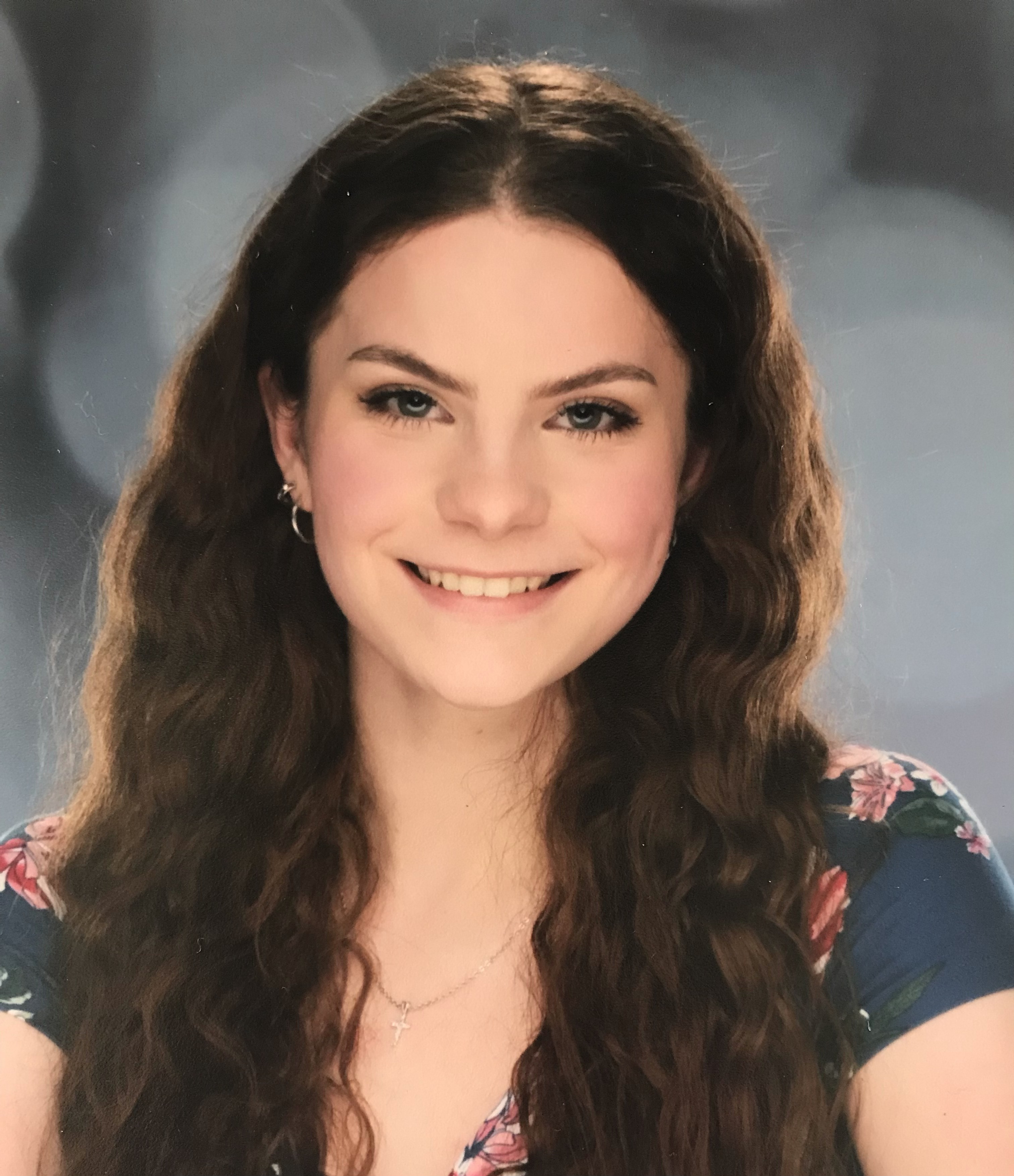Celebration of Scholars
#68: Identifying the Boundaries of Magic: A Qualitative Study of Expert Magicians
 Name:
Sarah Tuchel
Name:
Sarah Tuchel
Major: Psychology, Criminal Justice
Hometown: Norridge, IL
Faculty Sponsor: Anthony Barnhart
Other Sponsors:
Type of research: SURE
Funding: SURE
Abstract
“[Magic] is so big that a simple definition seems impossible, so vague as to be an empty vessel waiting to be filled with meaning. How are we to determine what we are talking about when we use the word magic?” (Neale & Parr, 2002, The Magic Mirror, p. 6)
Aside from The Magic Mirror, few published works in magic directly address magic’s underlying aesthetics or its theoretical basis. Instead, information is transmitted informally between magicians through lectures and personal conversations (see Rissanen et al., 2013). In order to try to capture some of this socially-disseminated information, we carried out a series of interviews with acclaimed, expert magicians. In these interviews, we probed their personal definitions of magic, their beliefs about what constitutes “good” and “bad” magic, and their attitudes about the aesthetic boundaries of performance magic. We report the outcomes of a thematic analysis of these interviews, highlighting points of agreement and disagreement across this small sample of experts in hopes that they will be a boon to future research in the Science of Magic.
We have made the full text and video of these interviews publicly available (with participant consent) through the Science of Magic Association website.
Submit date: March 13, 2024, 6:11 p.m.
